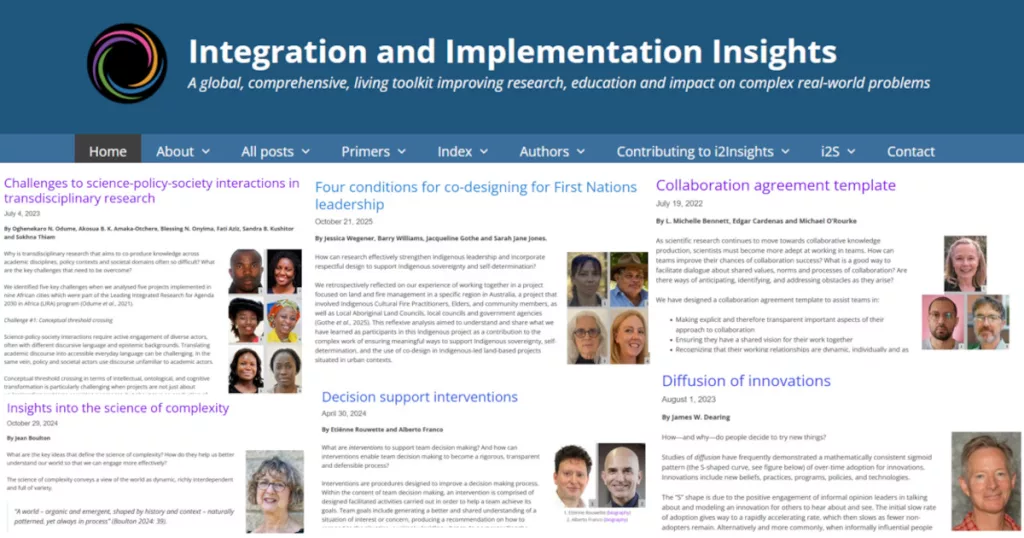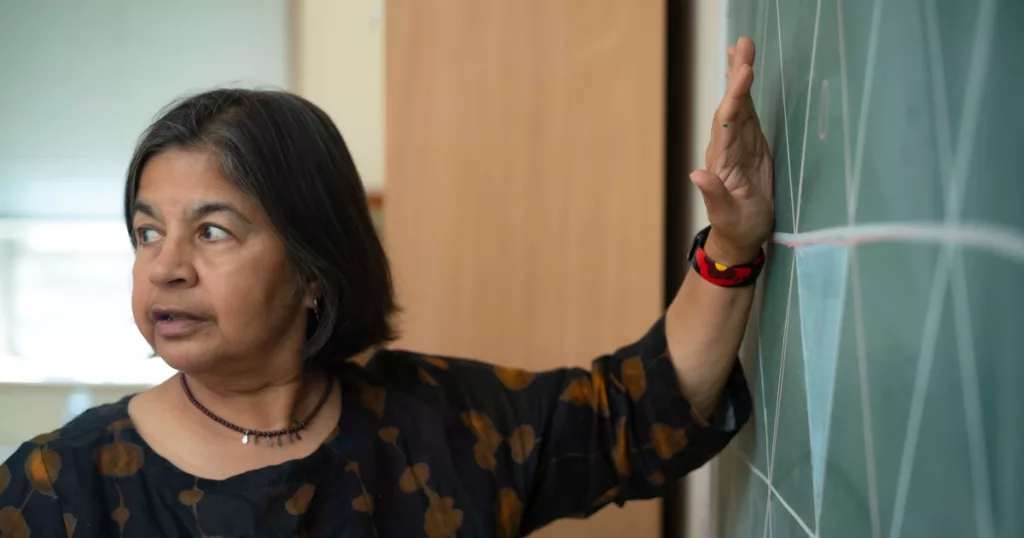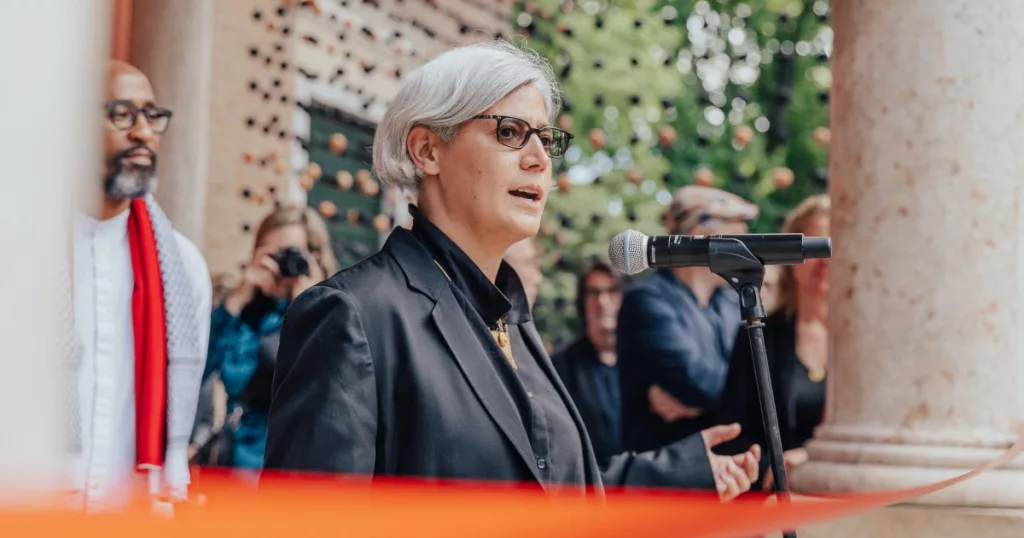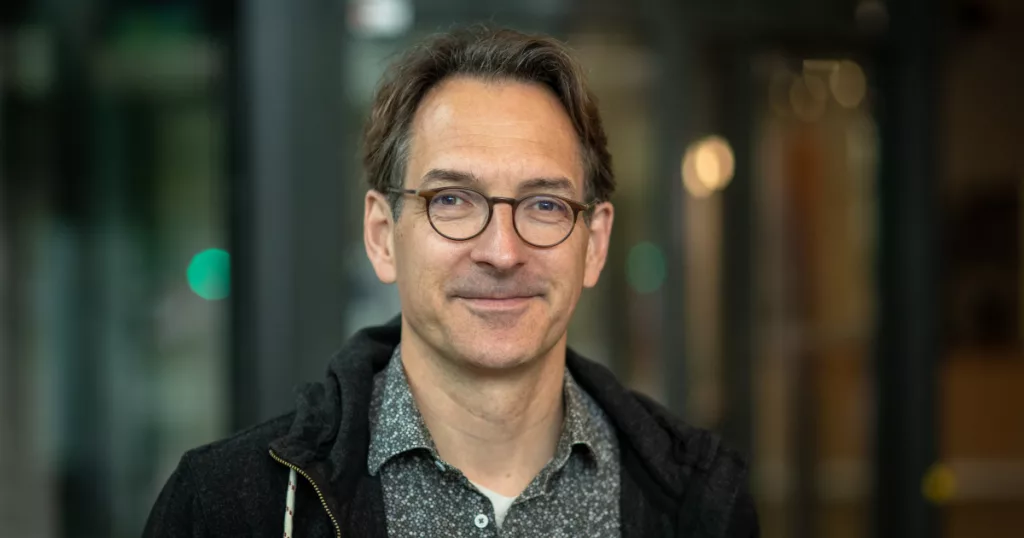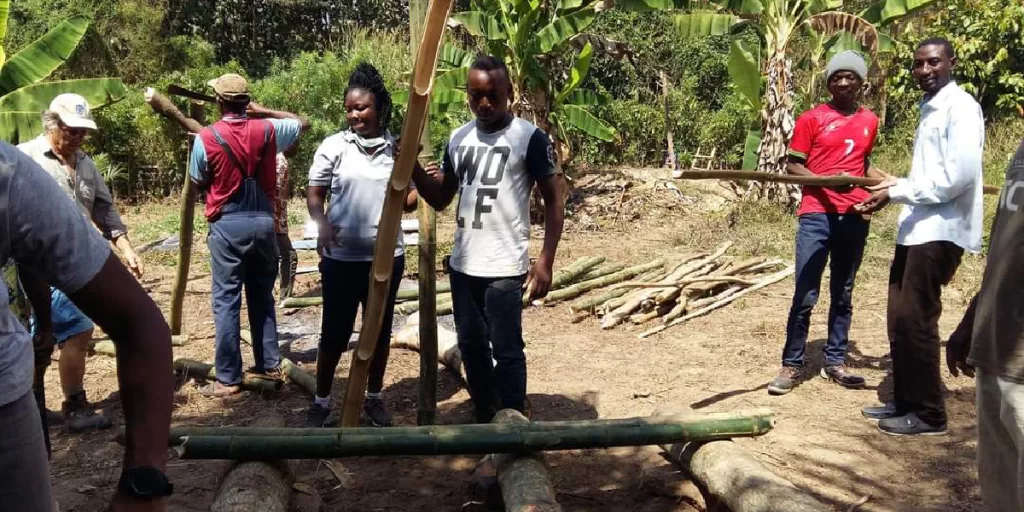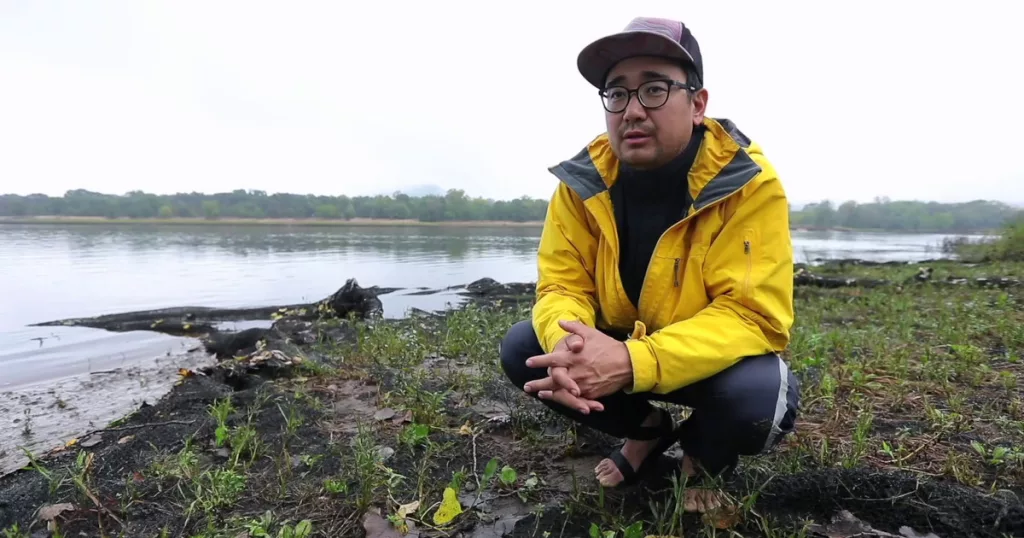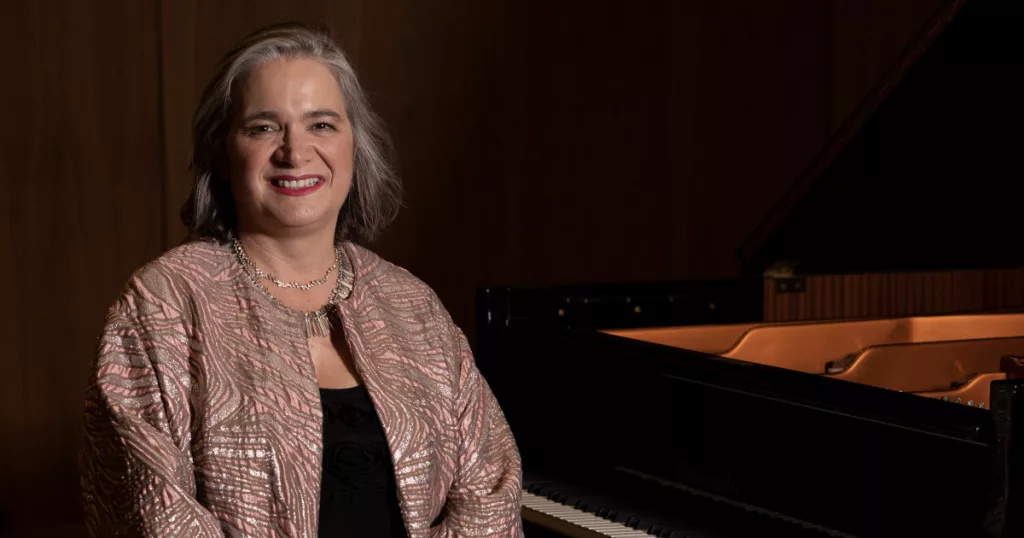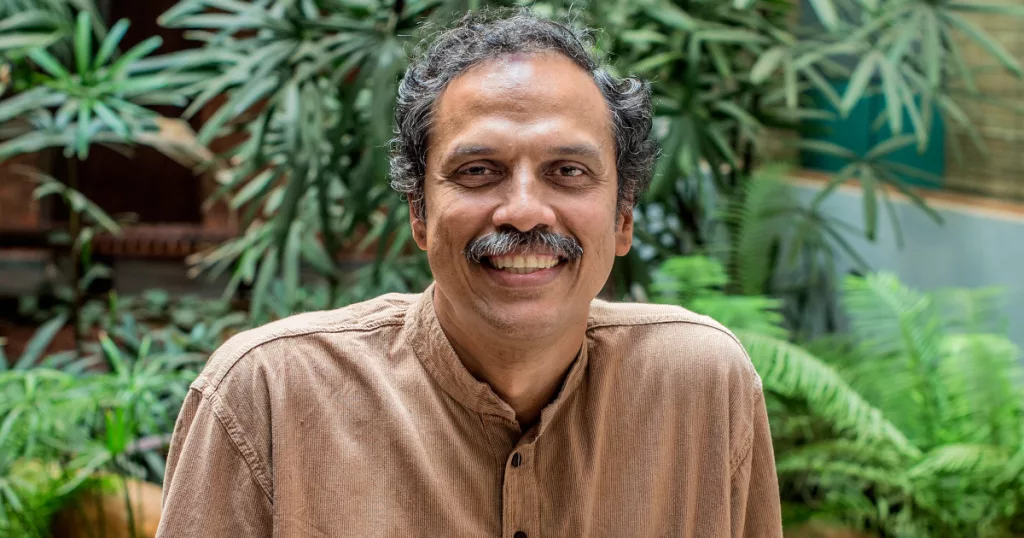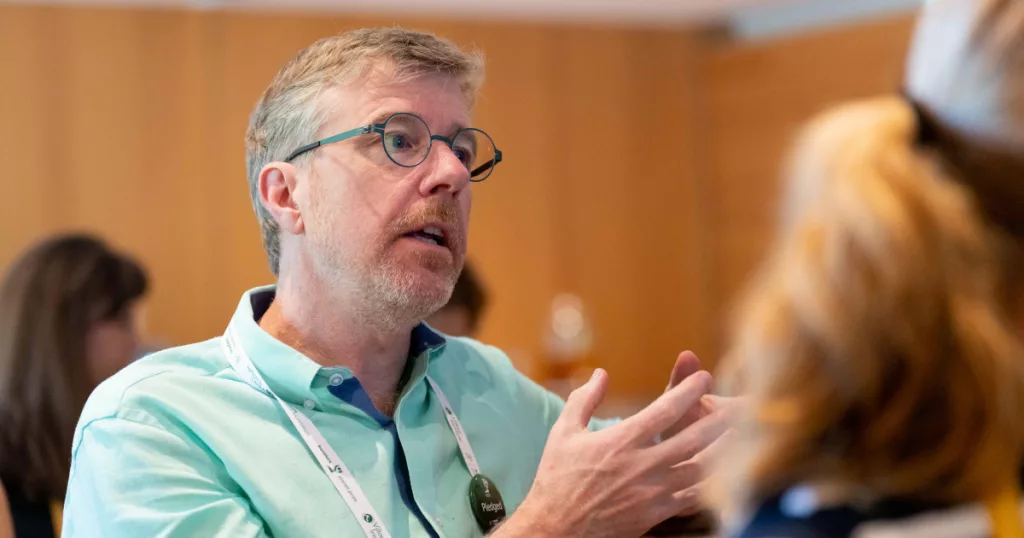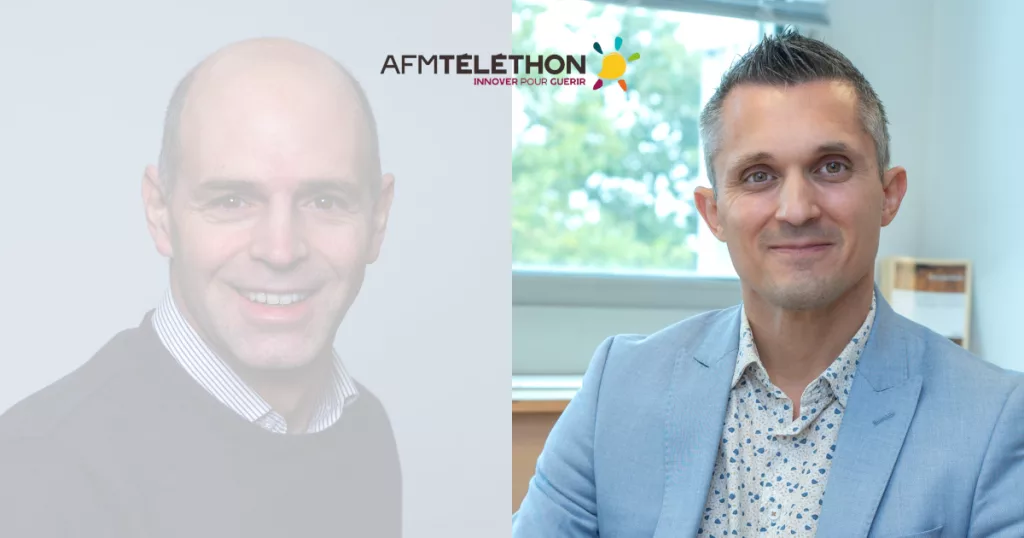Dealing with the complexity of society and environment
A global toolkit for tackling complex problems with more than 600 different methods Ever wish you had a free toolkit that helped you deal with the complexity of societal and environmental problems containing insights from experienced researchers and educators globally? Well, check out Integration and Implementation Insights (i2Insights), which over the last 10 years has collected 600 tools, ranging from simple useful methods and frameworks, to guidelines for more intricate processes, to insights into complex concepts and theories. For example, you can find: Idea tree: A tool for brainstorming ideas in cross-disciplinary teams Navigating power: A partial pragmatic map Four conditions for co-designing for First Nations leadership Data variety and why it matters Understanding values: Schwartz theory of basic values A host of approaches i2Insights tools are drawn from systems thinking, inter- and transdisciplinarity, action research, complexity science, implementation sciences, post-normal science, the science of team science and a host of other approaches to dealing with complexity in whole or part. Tools are also drawn from approaches that may not be recognised in Western knowledge systems, such as culturally-appropriate inclusion of Indigenous knowledge, and country- or region-specific approaches. For example: An approach for operationalizing and sustaining systems improvements A self-assessment checklist to improve interdisciplinarity in research projects What roles do you play in inter- and transdisciplinary projects? Epistemic justice and its relevance to transdisciplinary research Six tips for using research to influence policy A tool for developing shared awareness of team member research interests and expertise Topics and tags Each tool is indexed using 14 main topics, and more than 350 more specific tags. The 14 main topics are: systems, context, unknowns, diversity, and integration, which are involved in understanding problems more comprehensively; decision making, research implementation and change, which are central to supporting policy and practice change to address problems; communication, teamwork and stakeholder engagement, which are essential for interacting effectively; education, evaluation and institutionalisation. Also core to this systematic way of tackling complex problems is recognising the inevitability of imperfection, meaning that problems cannot be fully understood, improvements will not work for everyone or for all time, and interactions will always be challenging. Each individual tool aims to be a short, easy-to-read, self-contained, “gold nugget”, providing enough basic information to give readers a good idea about whether it may be useful in their own work. One tool is published each week, with e-mail notification available. And the toolkit is used in 193 counties with more than 1.7 million views. Building connections As a toolkit that is built through the contributions of more than 750 researchers and educators from 61 countries (and counting!) and that invites comments on those contributions, i2Insights aims to promote connections and community building, globally and across approaches, as well as involving those tackling different kinds of complex societal and environmental problems, such as health, environment and security, which often use different approaches. In addition, i2Insights also aims to build connections across career types and levels, with contributors both inside and outside the academic mainstream, and at all career levels ranging from students to professors and university executives. Contributions are, of course, also welcome. See for yourself at https://i2Inisghts.org and maybe you will agree with others who have commented: Publishing … on i2Insights was a turning point for us and our workshop; we’re really grateful for the opportunity, and for your advice along the way. … inspiration for our transdisciplinary course and in building the framework that we use. I must say I’m positively impressed with the thoughtfulness of the comments. I frequently visit and download resources … and have for years. They are great resources! … it sure becomes more interesting and inspiring from year to year. Gabriele Bammer SUBSCRIBE TO OUR NEWSLETTER To stay up to date with our projects and the development of the EHC Read more articles
